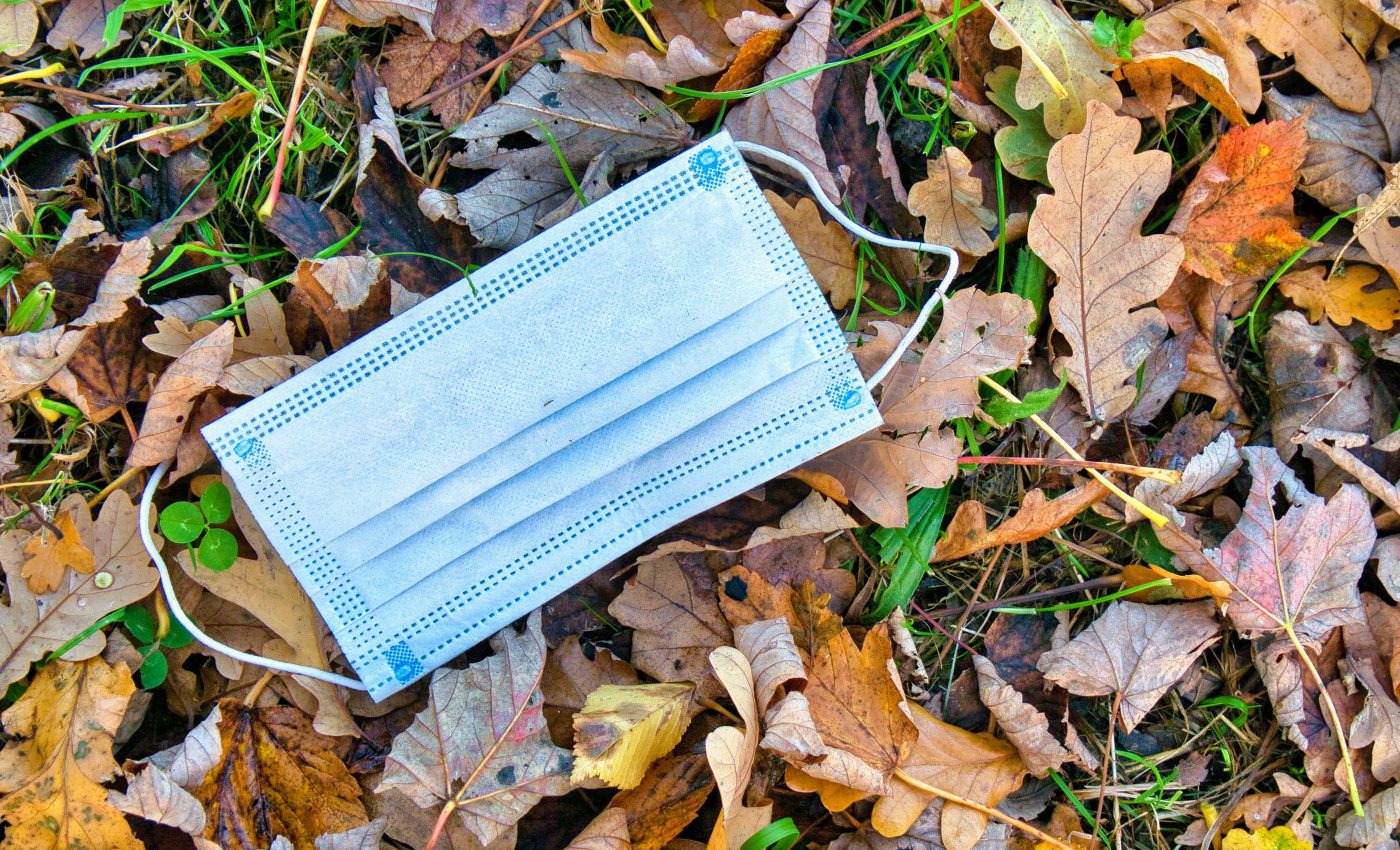
Disposable face masks could become the next plastic crisis
Disposable face masks made from plastic microfibers are a ticking time bomb for the environment, according to a new study from the University of Southern Denmark. Based on recent studies, the study authors estimate that 129 billion face masks are used each month, which is the equivalent of three million masks per minute.
The experts report that most of the billions of masks that are being used on a monthly basis are disposable face masks made from plastic microfibers.
The researchers warn that, with increasing reports on inappropriate disposal of masks, it is urgent to recognize this potential environmental threat and prevent it from becoming the next big plastic problem.
“We know that, like other plastic debris, disposable masks may also accumulate and release harmful chemical and biological substances, such as bisphenol A, heavy metals, as well as pathogenic microorganisms,” said study co-author and environmental toxicologist Elvis Genbo Xu.
The alarmingly high number of masks that are being produced is comparable to that of plastic bottles, which is about 43 billion per month. Unlike plastic bottles, however, there are no official guidelines for recycling face masks. This makes them more likely to be disposed of as solid waste, explained the study authors.
Disposable face masks are plastic products that are not biodegradable and may break down into smaller microplastics that are now invading even the most remote and pristine ecosystems.
According to the experts, a major concern is that the masks are directly made from microsized plastic fibers with a thickness of ~1 to 10 micrometers.
“When breaking down in the environment, the mask may release more micro-sized plastics, easier and faster than bulk plastics like plastic bags,” wrote the researchers.
“Such impacts can be worsened by a new-generation mask, nanomasks, which directly use nano-sized plastic fibers (with a diameter smaller than 1 micrometer) and add a new source of nanoplastic pollution.”
The study authors emphasized that they do not know how masks contribute to the large number of plastic particles detected in the environment, simply because no data on mask degradation in nature exists.
“But we know that, like other plastic debris, disposable masks may also accumulate and release harmful chemical and biological substances, such as bisphenol A, heavy metals, as well as pathogenic microorganisms. These may pose indirect adverse impacts on plants, animals and humans,” said Xu.
The study is published in the journal Frontiers of Environmental Science & Engineering.
–—
By Chrissy Sexton, Earth.com Staff Writer













